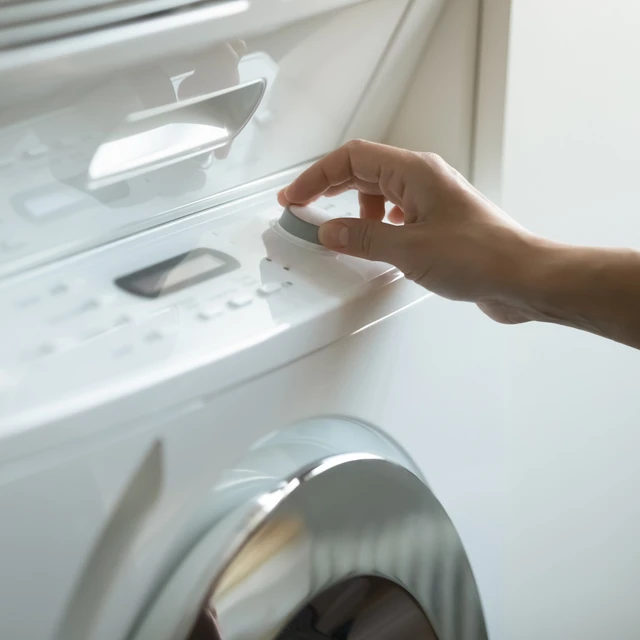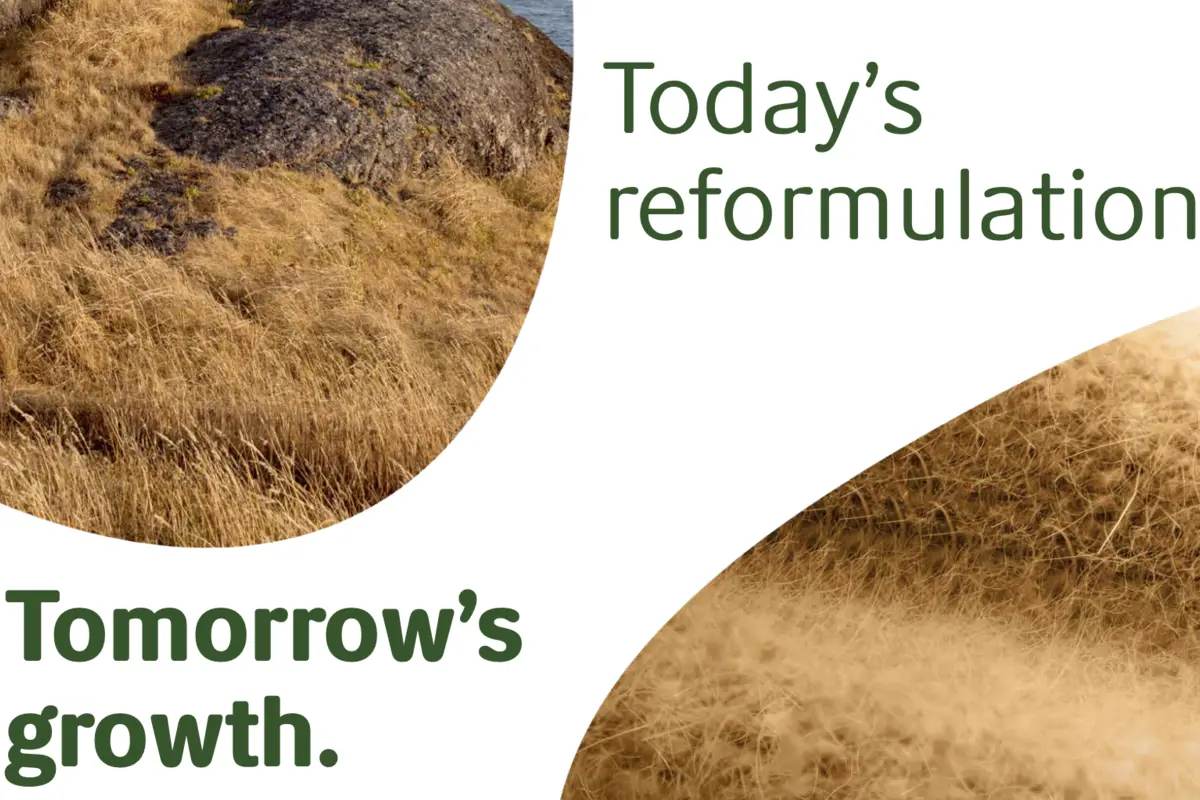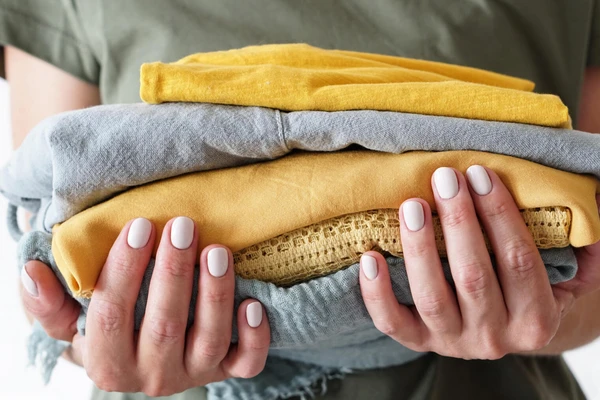We believe that nature gives what nature wants
Since 1963, we’ve been exploring biological alternatives to chemical-based cleaning and innovating detergent solutions that use nature’s own little problem solvers: Enzymes. Through countless studies, we’ve been researching the properties of these tiny, powerful proteins, examining how they can help us save water, time, energy and raw materials, all while being gentle on the hand and ensuring superior performance again and again, even at low wash temperatures.







